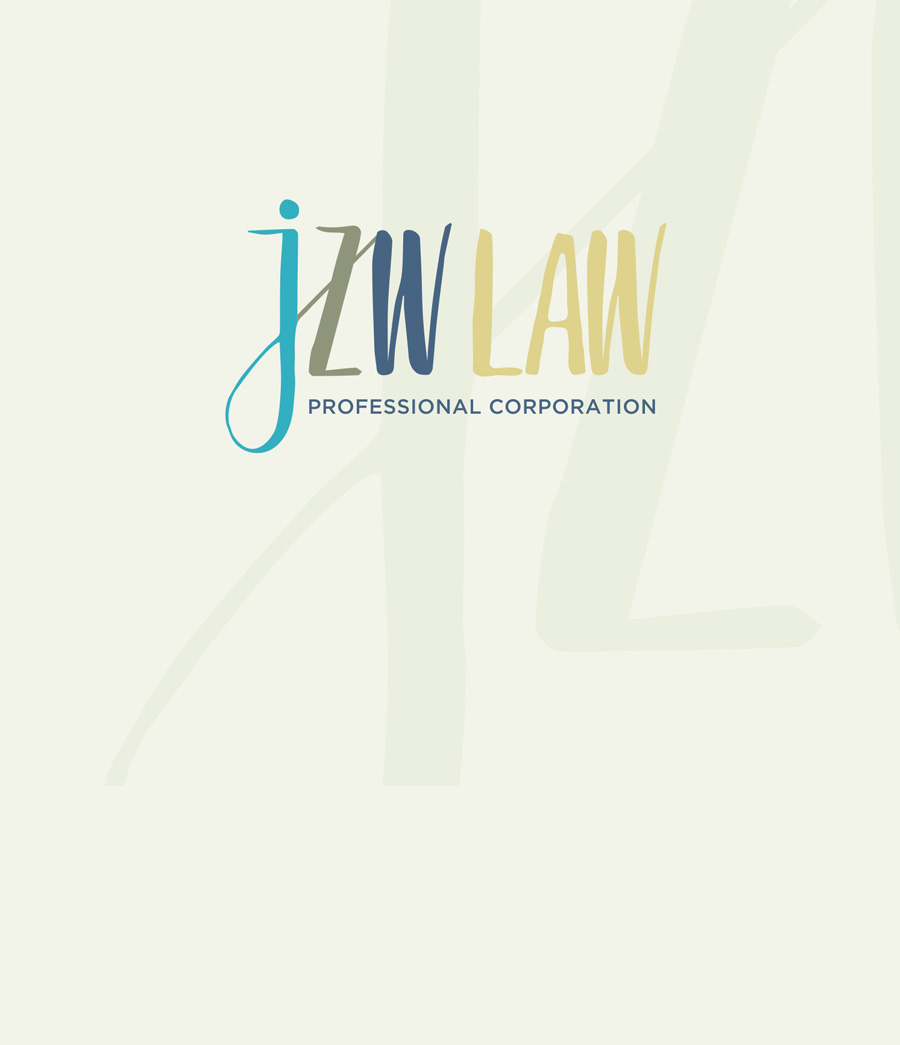
The entire process of Hague certification: How long does it take from document preparation to Canadian government certification?
Applying for Hague Apostille in Canada is a key procedure to enable the legal use of domestic documents in the member countries of the Hague Apostille Convention. This article analyzes the whole process from document preparation to obtaining the Apostille certificate based on the certification standards and practical operations of the Canadian Ministry of Innovation, Science and Economic Development (ISED), and clarifies the time nodes of each link, providing professional guidance for individuals and enterprises.
I. Scope of application and document types of Hague certification
As a member of the Hague Convention (joined in 1991), Canada can issue Apostille certificates for the following documents, allowing them to be used directly in 124 member states of the convention (such as the United States, the United Kingdom, Australia, South Korea, etc.) without the need for additional consular certification:
- Personal documents: birth certificate, marriage certificate, academic degree certificate, criminal record certificate, driver’s license, etc.
- Business documents: company registration certificate, board resolutions, contract agreements, power of attorney, shareholder register, etc.
- Legal documents: court judgments, affidavits, notarized documents, estate administration certificates, etc.
Exception: Documents issued outside of Canada (such as Chinese birth certificates) cannot be directly apostille-certified in Canada and must first be processed by the Hague certification body in the country where the document was issued.
II. Document preparation stage: 3 core requirements
- Submit original documents issued by Canadian government departments or statutory agencies (such as birth certificates issued by Service Ontario, Inc. documents issued by the Company Registry)
- Unofficial documents (such as school transcripts) must first be notarized as true copies by a Canadian notary public.
- The document language must be English or French. If it is in Chinese or other languages, a certified English-French translation is required (the translator’s qualifications and contact information must be indicated)
- Multi-page documents need to be bound into a book and a table of contents should be added. The seal of the issuing institution or notary public should be stamped on the seam.
- For documents involving personal privacy (such as medical records), sensitive information must be deleted or written authorization must be obtained from the person concerned.
- If the business document contains the company’s financial data, it must be signed and dated by the legal representative.
3. Detailed explanation of the application process and time nodes
All documents not directly issued by the government must first be completed by a Canadian notary public:
- Check the consistency between the original and the photocopy, mark “True Copy” on each photocopy page and sign and stamp
- If the document is signed, you need to witness the signing process or confirm the authenticity of the signature (for contracts, power of attorney, etc.)
- Issue a Notarial Certificate, specifying the purpose of the document and the date of notarization
▶ Time factors: Complex documents (such as multi-page contracts) may require additional review time, so it is recommended to make an appointment with a notary in advance.
Step 2: Provincial government certification (optional, depending on where the document was issued)If the document is issued by a provincial agency (such as an Ontario birth certificate or a British Columbia company registration document), you must first apply for certification from the secretariat of the province that issued the document:
- Submit notarized documents and application forms (different provinces use different formats, such as Ontario uses Form 75)
- The provincial agency stamps the document with a certification stamp to confirm the legitimacy of the document issuing agency
- Time: It takes about 5-10 working days to apply by mail, and on-site submission can be completed on the same day (only available in some provinces)
▶ Exception: Documents issued by the federal government (such as Canadian Immigration and Refugees Bureau documents) can skip this step and proceed directly to federal government certification.
Step 3: Canadian federal government certification (core link, 5-10 working days)Apply for an Apostille certificate through the Authentication Office under the Canadian Ministry of Innovation, Science and Economic Development (ISED). The specific process is as follows:
- Submit your application online (via the ISED official website portal) or by mail, including:
- Original notarized/provincially certified documents
- Completed Apostille Application Form (Form AU-1, indicating the purpose of the document and the convention member country)
- Proof of identity of the applicant (passport copy or company registration certificate)
- Payment receipt (currently $80 CAD/copy, credit card or money order accepted)
- The government reviews the compliance of the document and issues an Apostille certificate (including a unique number, certification date and Canadian national emblem seal) after confirmation
- The certificate is directly pasted or bound in the specified position of the document and cannot be separated separately
▶ Progress query: You can check the processing status on the ISED official website using the Tracking Number obtained when applying.
Step 4: Document collection and use (1-5 working days)- Choose the mailing method: Ordinary mail takes about 3-5 working days, expedited express (extra charge required) can be delivered in 1-2 working days
- Check the Apostille certificate information: the document number, the name of the certification body, the name of the signing official and the seal must be clearly visible
- When used in a convention member country, only the complete document including the Apostille certificate needs to be submitted, and no other certification is required
4. Summary of the whole process timeline
| Steps | Time (working days) | Key actions |
|---|---|---|
| Document preparation and notarization | 1-3 | Complete document translation, notarization and format verification |
| Provincial government certification (if necessary) | 5-10 | Certification of legality of the application agency in the province that issued the document |
| Federal Government Apostille Certification | 5-10 | Submit application and wait for ISED to issue certification |
| Mailing and collection | 1-5 | Choose mailing method and check certification documents |
| Total | 12-28 working days | Excluding the time for document translation and correction |
V. Common Problems and Pitfall Avoidance Guide
- The document is not accompanied by a valid translation (e.g. a Chinese academic certificate is not accompanied by an English translation)
- The notary’s signature or seal does not meet ISED requirements (e.g. the notary’s practice number is not stated)
- The application form information is incorrect (such as the purpose of the document does not match the actual usage scenario)
- ISED provides expedited service, which needs to be indicated when applying and an additional fee must be paid. The processing time can be shortened to 3-5 working days.
- Expedited applications require proof of urgency (such as court summons, immigration deadline notice, etc.)
The certified documents cannot be altered or split without authorization. If any errors are found, the original certification must be withdrawn and reapplied, and the original Apostille certificate will be canceled.
VI. Practical Operation Suggestions
- Pre-review of the document list: Review the documents in advance through the ISED official website or professional lawyers to avoid multiple corrections due to formatting issues
- Notary selection: Prioritize notaries with cross-border certification experience to ensure that documents meet internationally accepted standards.
- Time planning: It is recommended to reserve 4-6 weeks for the processing of study abroad/immigration documents. Urgent documents such as business contracts can choose expedited service.
concluding remarks
The Canadian Hague certification process must follow the legal path of “local notarization → provincial certification (if necessary) → federal government Apostille”. The whole process takes about 2-6 weeks, depending on the type of document and whether to choose expedited service. It is recommended that applicants clarify the purpose of document use and the requirements of the target country before processing, and assist in document preparation and compliance review through professional legal institutions to ensure that the certified documents have legal effect in the member countries of the Convention. As an international mechanism to simplify cross-border document certification, the standardized operation of Hague certification is an important legal tool to protect personal rights and interests and commercial transactions.
(Legal basis for this article: Articles 2-5 of the Hague Convention Abolishing the Requirement of Legalization for Foreign Public Documents; Canadian Guidelines for the Operation of Legalization Offices 2024 Edition)
JZW Law has an experienced Hague Apostille team. They are fluent in both Chinese and English and provide professional legal services. We specialize in handling complex property division, corporate equity, trusts, overseas assets and other related issues. We provide preliminary consultation services, and you are welcome to contact us for more information or to make an appointment for consultation.
最新文章
标签





